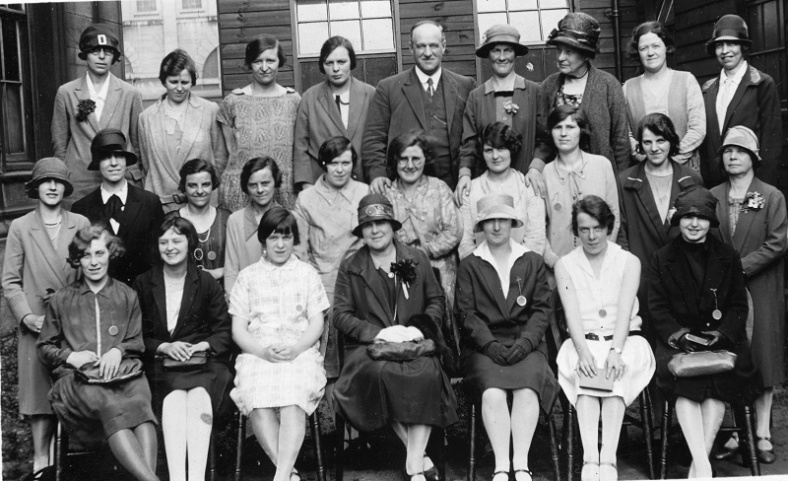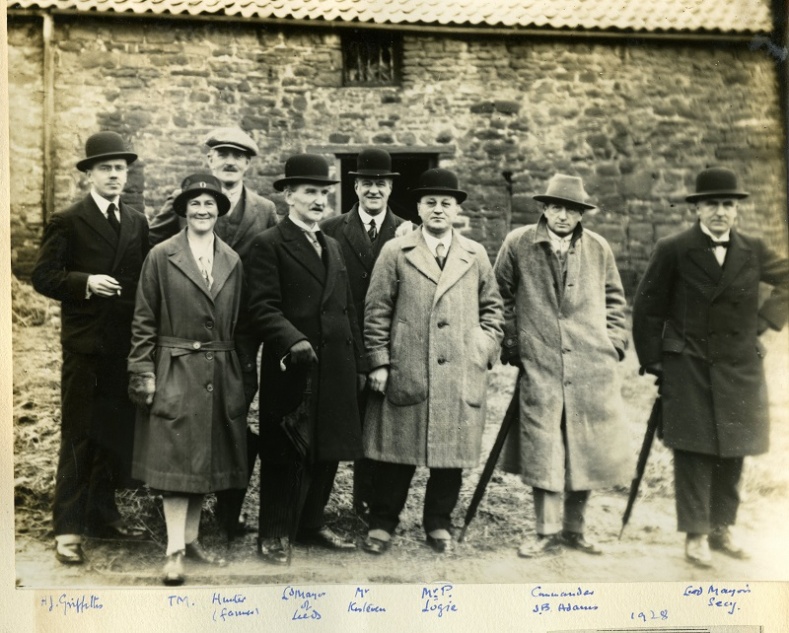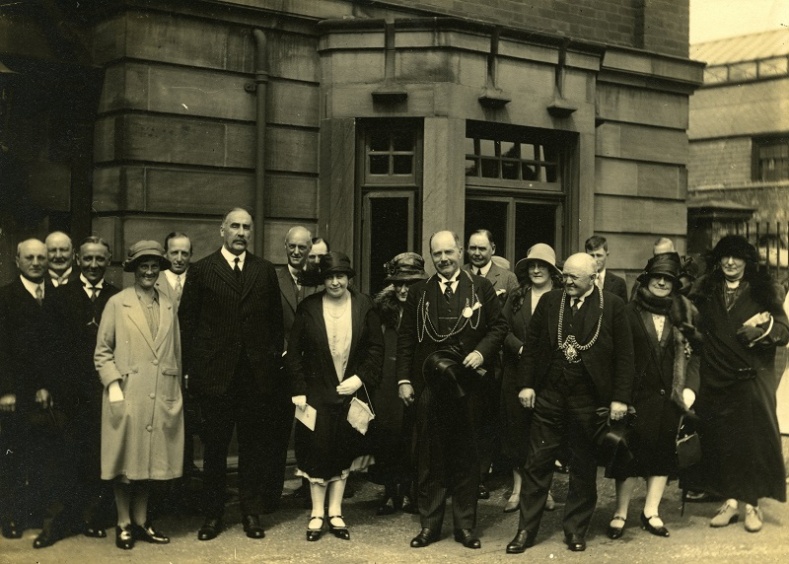


Merz, Teresa
1879 – 1958
Social Worker and Magistrate
John Merz's (1840 – 1921) daughter Teresa, inspired by her family’s values, was heavily involved in campaigns for social reform and active on the front line in relieving suffering in the slums of Newcastle. She was secretary then honorary secretary to the Charity Organisation Society in Newcastle and a dedicated supporter of women’s rights throughout her lifetime. She was a suffragist. She left the Quaker movement in 1920 and was baptised and confirmed into the Church of England by Bishop Wild in 1920. She became a Justice of the Peace 1921 and contributed to the establishment of the Tyneside Council of Social Services in 1929.
Teresa helped to establish The Boys’ Migration Hostel in a former police station in the east end of Newcastle. The hostel opened in June 1927. Its purpose was to prepare young men for farm work in the Dominions. Child migration to the colonies was considered an appropriate method of handling the large numbers of “unsocialised, undisciplined, neglected or orphaned children, and those who were simply the children of the poor.” Teresa was the only woman on its Board of Management having “raised funds through a torrent of letters appealing for support.” In its first year of operation, 69 boys aged 14 to 19 went to Canada and 80 to Australia. For her efforts in establishing the hostel, she was awarded an OBE in 1928.
Perhaps her boldest philanthropic move came in 1935 when she converted the family home, The Quarries in Grainger Park Road, Newcastle, into a nursery for illegitimate children which thereafter became known as the “Teresa nursery”. It was evacuated to Grasmere in the Lake District with the outbreak of war in 1939. After the war Teresa donated The Quarries to St Nicholas Cathedral, to be its cathedral school. Thereafter it became a maternity home, before being transformed into its current incarnation, a mosque. Teresa Merz, who died aged 79 in 1958 was a brilliant woman, philanthropic throughout her adult life and though “few people are aware of her activities… [she was] one of the most remarkable women in the North East” (Spencer, 1937 p.103).
References
Constantine, S. (2008). Child migration: philanthropy, the state and the empire, History in Focus, 14.
Lomas, R. (2009). An encyclopaedia of North East England, London: Birlinn Ltd, pp. 289-90.
O’Donnell, E. (2015). Doing good quietly: The Life and work of Teresa Merz (1879 – 1958) of Newcastle upon Tyne, Available here (Accessed 16/08/18).
Spencer, J.R. (1937). The Northern Pageant, Newcastle upon Tyne: Newcastle Chronicle Ltd, pp. 103-4.
Wikipedia. (2018). John Theodore Merz, Available here (Accessed 16/08/18).
University of Newcastle upon Tyne. (1968). Claremont Tower Brochure, Available here (Accessed 16/08/2018).